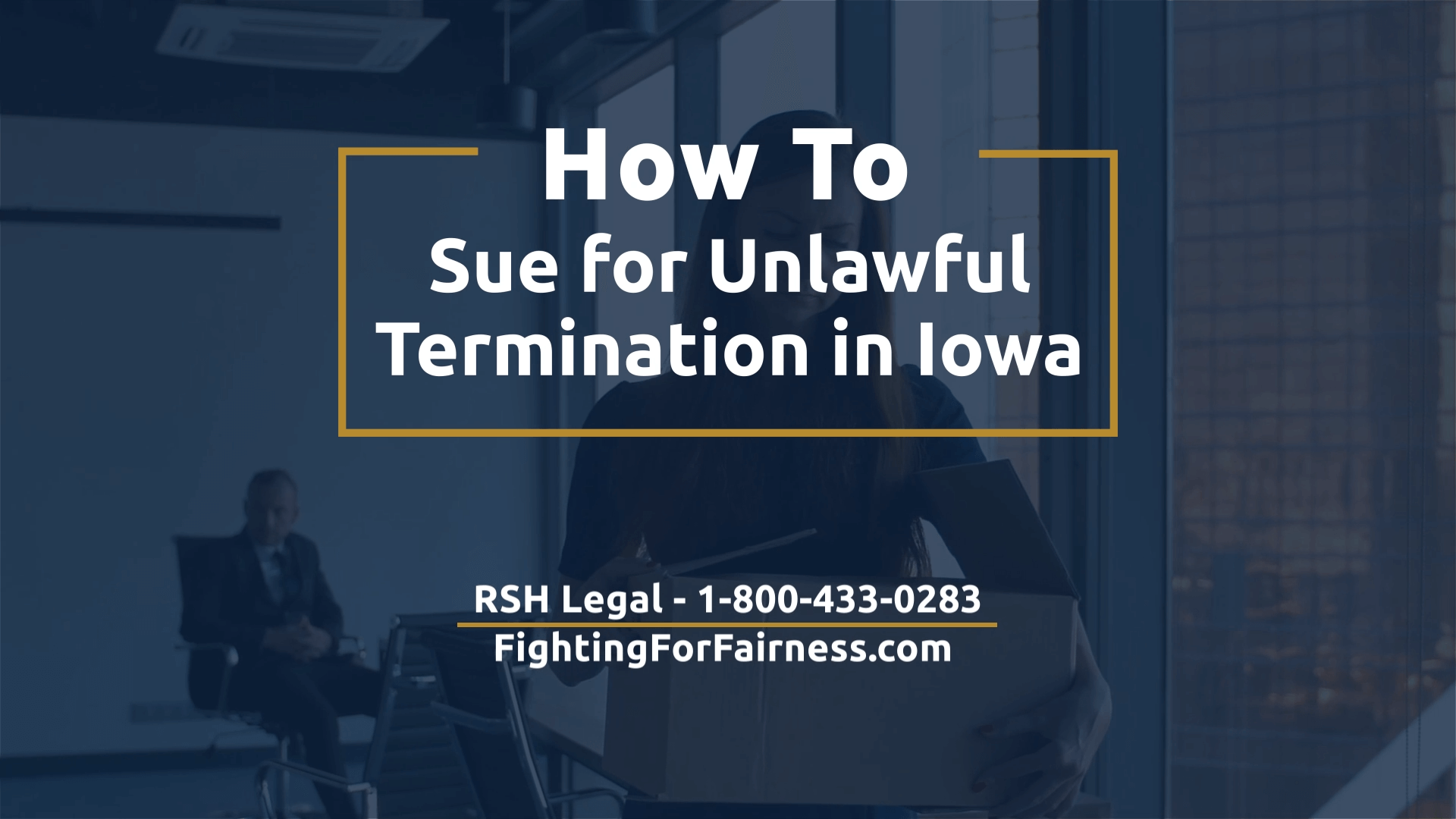We get a lot of calls about harassment in the workplace. Sometimes this harassment takes the form of a generally hostile work environment – repeated inappropriate jokes, or scattered comments and gestures here and there. But other times, the harassment arises in a situation that the law calls “quid pro quo” harassment.
“Quid pro quo” is just a fancy way of saying “something for something” or “this for that”. It is a type of harassment where a supervisor or manager suggests that an employee do something in exchange for something else. Most often, it comes up in the context of sexual harassment.
For example, your boss or supervisor could ask you to go out on a date, and in return offer a raise or promotion at work. If you refuse, you don’t get the raise or promotion, or worse – your employer fires you. This kind of “bargain”, if it is based on something like sex, race, religion, age, or disability, is unlawful and you might have a case of harassment against your employer if it results in harm to you.
Proof of harm may mean showing something like:
- A demotion
- A denial of a raise or promotion
- A poor performance review
- Verbal or written warnings that are not supposed by evidence
To recover from these kinds of harms, an employee must establish that quid-pro-quo harassment caused the negative employment consequence. Certainly, a close timeframe between the harassing conduct and the negative consequence can be strong evidence of a connection. But other factors, such as the harasser being the sole decision-maker on employment benefits, or the harasser’s behavior following the inappropriate behavior can also help establish causation.
How to Document “Quid Pro Quo” Harassment in the Workplace
If you have experienced “quid pro quo” harassment at work, there are a few things you can do to protect yourself and your claim.
- Report the harassment as soon as it occurs. Many companies have procedures within employee handbooks about reporting harassment. Some companies have a hotline you can call. If your company has procedures, follow those procedures. If your employer does not have policies that explain the reporting procedure, then report the harassment in writing to someone who is filling a human resources-type role. Keep a copy for your own records.
- Describe the harassment in detail in your report. We know it isn’t easy to report harassment, but it’s important that you do so in as much detail as you can. Include the exact words spoken or describe the physical contact that took place. If you think someone targeted you due to your sex, race, religion, disability, age, or a similar reason, state it clearly.
- Gather all inappropriate texts, emails, notes, or other evidence. Keep this evidence in a safe place somewhere away from work.
- Keep copies of all documents related to your internal complaint
What Damages You Could Receive in an Iowa “Quid Pro Quo” Harassment Claim
Iowa state law is clear on what constitutes harassment. Several different types of damages could be possible for you to receive in a successful harassment settlement or verdict against an employer.
These could include:
- Pain and suffering. Being the target of harassment can cause anguish, humiliation, depression, and anxiety. You may be able to receive compensation for this as a result.
- Lost wages. If you have suffered economic losses, including lost wages, as a result of the “quid pro quo” harassment, you are entitled to be compensated for those losses.
- Attorney fees. If your case goes all the way to trial and you win a verdict, your harassment attorney can request that the other side pay attorney fees and expenses.
RSH Legal offers free, no-obligation case evaluations to Iowans who have been sexually harassed on the job. To schedule yours, call 1-800-433-0283 today.




